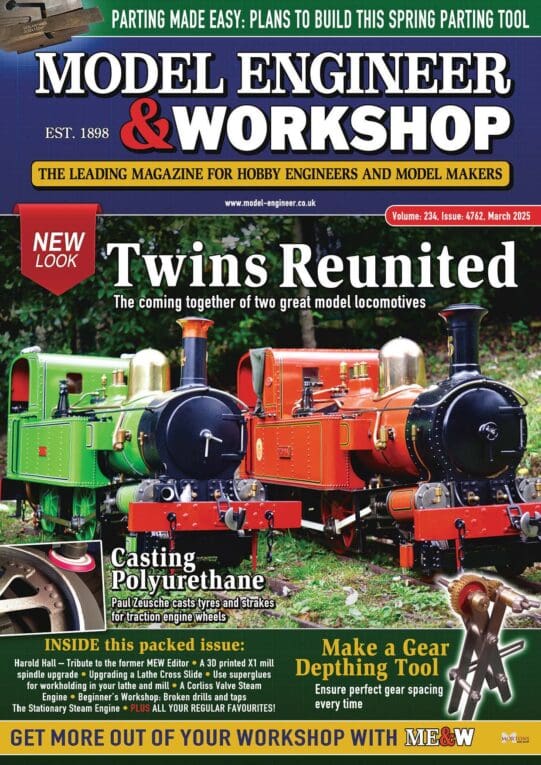Posted by Kiwi Bloke on 09/02/2022 23:21:40:
I think the answer is that the factories that we're thinkng about have quality control procedures of such sensitivity and discernment that no rejects can ever possibly be made. It's cheaper that way…
That's broadly true, but there are many exceptions. Quality Management has a long history of improvement, but it's not applied equally everywhere.
Modern techniques, like TQM, take a wholistic approach to quality, concentrating on process such that quality is built-in to each stage of manufacture. If anything goes wrong, the process is fixed, proof of the pudding being the ability to turn the fault on and off. The approach aims to eliminate the need for inspectors because they find faults much too late. The manufacturer strives to operate a system that doesn't produce any rejects. Total Quality is typical of high-end products – cars, electronics, white goods, and much else. In the West, it's difficult not to go for low reject rates because labour is so expensive: globalisation means manufacturers can't sell expensive products produced by inefficient staff using low-productivity tooling. What customer are prepared to pay for is an important input to modern quality methods: although customers say they want the best possible, they are rarely prepared to pay for it! Manufacturers are also unwilling to make products that never wear out: they go bust if they do! So manufacturers strike a balance between cost, features and product lifetimes. With low-end goods, it's often cheaper to fix problems by replacing occasional failures than it is to employ Inspectors.
Not everyone operates an aggressive modern quality system, or needs to. Older methods are more appropriate to small production runs and specials. They also work where labour and materials are cheap. Unfortunately, the resulting factory rejects often cause problems when they reach customers. They're sold by both fair means and foul.
Quality systems go wrong! They are particularly vulnerable to human error. Dishonesty, sabotage and laziness as well as mistakes. Interesting example occurred at Sellafield 20 years ago. Sellafield is a British nuclear fuel reprocessing plant, the largest nuclear facility in Europe, and the scene of serious incident in 1957. Very much the sort of installation where I'd expect everyone to be thoroughly on the ball. Not so. After a customer noticed the safety records attached to a batch of fuel were faked, the resulting enquiry revealed incompetent management, a culture of complacency, staff shortages, failure to provide training, inadequate supervision, and widespread falsification of records. All human organisations are prone to this kind of failure and constant vigilance is required.
On the whole I'm impressed at how good most stuff is. I rarely have to reject anything, perhaps because I avoid buying 'too cheap' from unreliable sources and don't have overly high expectations of inexpensive goods, whether shoes or hobby lathes! The duds were all replaced with no fuss.
Dave
Tony Pratt 1.





